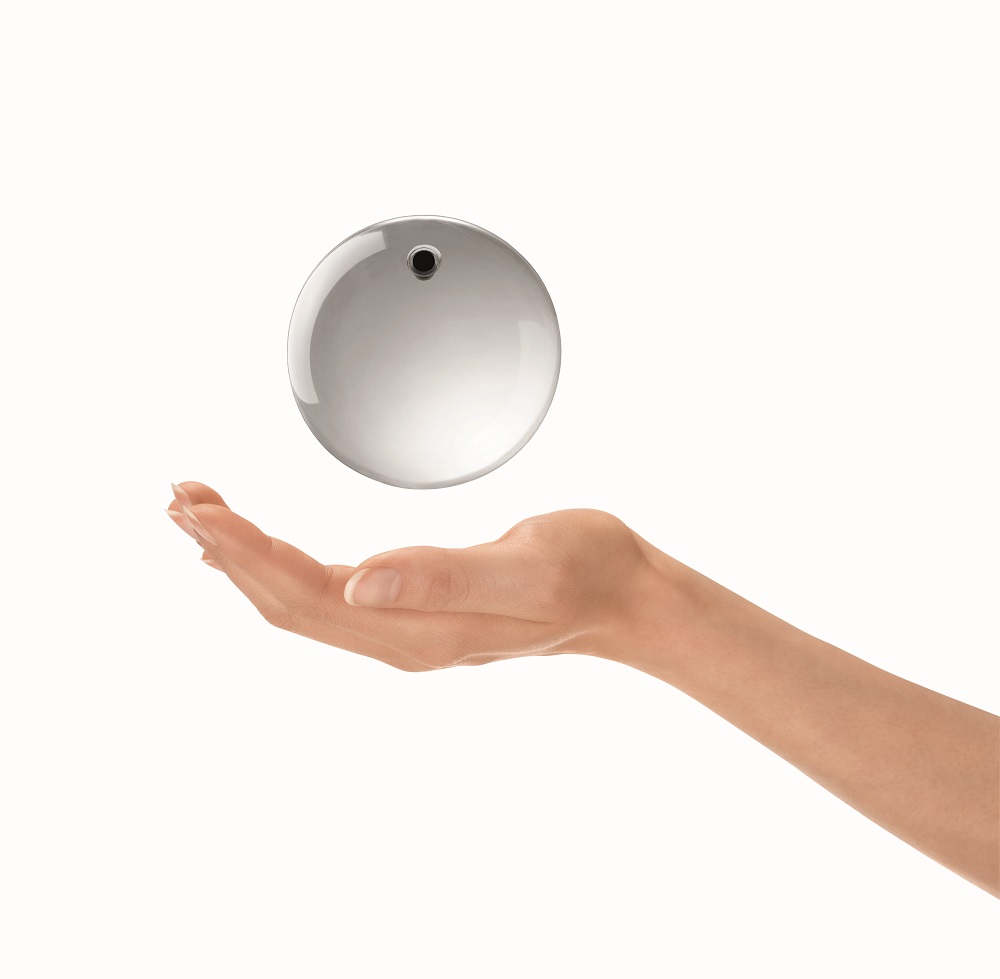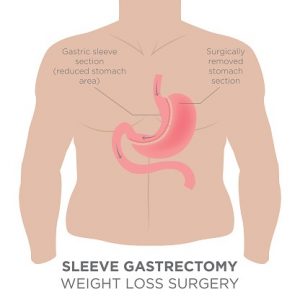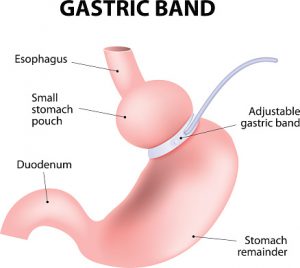An important component of the pre and post-surgical care for all patients considering having bariatric surgery is speaking with a psychologist.
While some might find this surprising or unnecessary, it is actually a routine part of the surgical process for patients to meet with a psychologist. In fact, psychologists, like dieticians and other specialists are considered a vital part of the bariatric team.
While it is important to identify the reasons why a psychological evaluation is important, it is equally as important is to dispel any false information as to why one is needed. An evaluation is not performed to determine if a patient has a mental illness. People with obesity are considered as psychologically “normal” as those with lower body mass indexes and they do not fit any specific psychological profile. Therefore, the psychologist’s main purpose is not to search for any underlying problems that might have caused a patient to become affected by obesity.
Instead, the purpose of a psychological evaluation is to put potential patients in the best environment needed to succeed. This can be done by identifying their strengths, such as a strong motivation to exercise as their weight is coming off. Other things a psychologist can learn from a patient include getting a complete understanding of the effects of surgery will have on them as well as if they have a supportive team at home. Conversely, a psychologist can also identify areas where a patient might need additional support after surgery. This may include issues such as depression or mood swings, lack of family support or triggers for past emotional eating.
The psychologist’s purpose is never to “fail” people and exclude them from surgery. In fact, studies have shown that a very small number (perhaps four percent) of individuals are found to be poor candidates based on their psychological evaluation results.
A typical evaluation includes psychological testing, such as personality tests and other questionnaires. This paperwork is often completed before meeting with the psychologist. A patient will also have a face-to-face interview with a psychologist. In some cases, he or she may request a family member accompany a patient to determine the level of support they are receiving at home. Subjects such as past and present eating habits, as well as activity levels are usually discussed during this meeting and patients are encouraged to share what is motivating them to have surgery and share their concerns.
Flushing Hospital’s Bariatric Surgical Center has recently been recognized as a Center of Excellence, which means it provides the highest level of care to our patients, before, during and after surgery. For more information, or to schedule an appointment, please call 718-670-8908.
All content of this newsletter is intended for general information purposes only and is not intended or implied to be a substitute for professional medical advice, diagnosis or treatment. Please consult a medical professional before adopting any of the suggestions on this page. You must never disregard professional medical advice or delay seeking medical treatment based upon any content of this newsletter. PROMPTLY CONSULT YOUR PHYSICIAN OR CALL 911 IF YOU BELIEVE YOU HAVE A MEDICAL EMERGENCY.





 Weight loss specialists, Sanjeev Rajpal MD, Darshak Shah MD and Noman Khan MD are all excited that Flushing is one of the only hospitals in the area to offer our patients the revolutionary, Obalon weight loss system. Obalon is the first and only non-surgical, and completely non-invasive weight loss treatment option approved by the Food and Drug Administration (FDA).
Weight loss specialists, Sanjeev Rajpal MD, Darshak Shah MD and Noman Khan MD are all excited that Flushing is one of the only hospitals in the area to offer our patients the revolutionary, Obalon weight loss system. Obalon is the first and only non-surgical, and completely non-invasive weight loss treatment option approved by the Food and Drug Administration (FDA).




